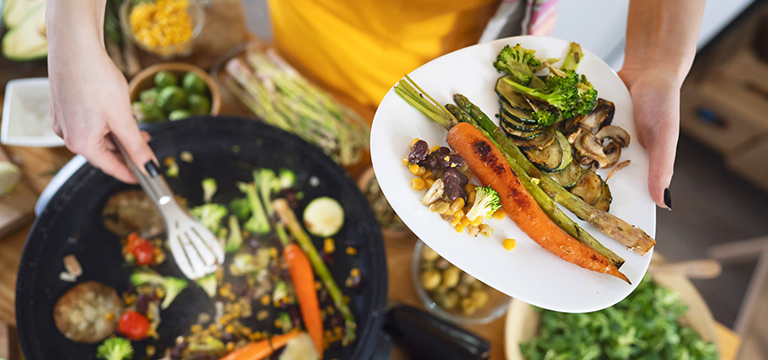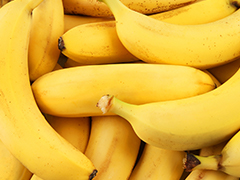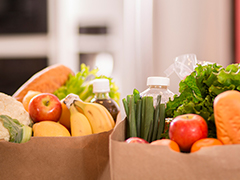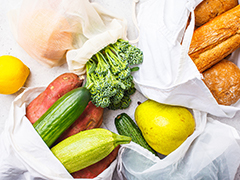What Is A Sustainable Diet?

Going green is great for the environment and your health, especially when it comes to your diet. A sustainable diet doesn’t have set rules, like “no carbs” or “no meat,” but rather is defined as a diet that is generally healthy and has a low impact on the environment and food supply. Some diets and food items are more sustainable than others. You should always talk to your doctor before starting a new diet regimen.
Food production is one of the world’s largest causes of environmental change. The World Health Organization (WHO) says it accounts for 20-30% of global greenhouse gas emissions and up to 66% of water usage. Scientists involved in the EAT-Lancet Commission note that vegan and vegetarian diets provide the greatest reduction in greenhouse gas emissions, land use and water waste.
If you don’t want to cut out animal products completely, here are some other ways you can adopt a sustainable diet.
Increase your consumption of:
- Vegetables
- Fruits
- Whole grains
- Nuts
- Legumes
Try to decrease your consumption of:
- Refined grains
- Added sugars
- Red meat
- Processed food
Aside from what you eat, where and how you eat matters as well. Some other factors that can help determine how sustainable a diet might be are:
- Nutritional availability
- Relative cost
- General health
There are no hard and fast rules for a sustainable diet. The general guidelines are to focus on a higher intake of whole plant foods. You may still choose to eat animal products, but perhaps in lower quantities. If you’re looking to eat better but aren’t sure where to start, nutritional counseling via telehealth services can help.



